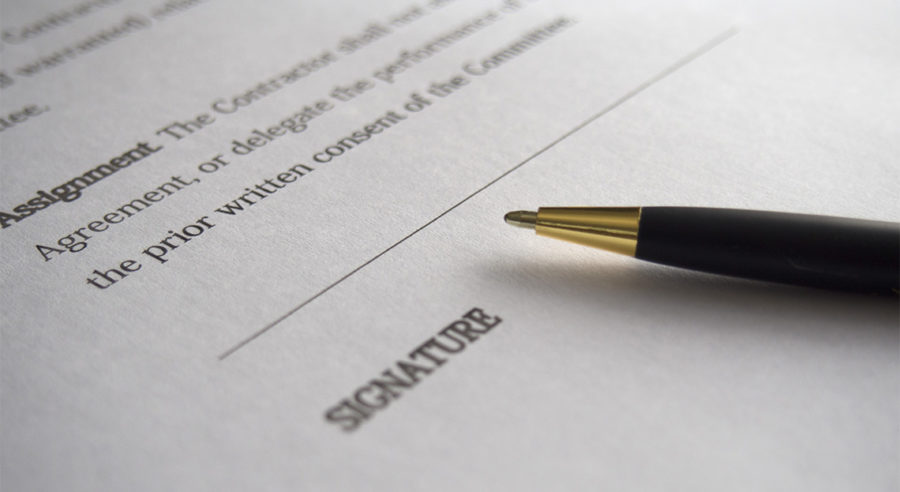
If you are thinking about selling or purchasing a business, an agreement for the sale and purchase of the business assets and goodwill will generally be required.
Prior to entering into an agreement the parties will need to negotiate the terms of the sale carefully, including the purchase price (broken down for the goodwill, tangible assets and stock (if applicable)), the deposit payable, the settlement date, the vendor’s assistance period post settlement date and whether a restraint of trade will apply to the vendor, and if so the terms of that restraint, and to agree on a list of the assets which are to be included in the sale.
Once the general terms have been agreed, there will be additional information that will need to be included in the agreement, such as the vendor turnover, warranty figures, details of the lease (if applicable), and any conditions to the agreement that the parties (usually the purchaser) need to satisfy before the sale can proceed. These conditions to the agreement may include matters such as the purchaser arranging enough finance to complete the purchase, undertaking and being satisfied with a due diligence investigation into the business, approving the lease for the business premises and obtaining the landlord’s consent to the assignment of the lease to the purchaser.
For larger businesses a bespoke agreement may be required to be drafted by a lawyer, however for smaller businesses the form generally used is the agreement produced by the Auckland District Law Society. As every business is different and operates in its own way, even when the standard agreement has been used there will usually need to be additional and specific clauses added. Some examples are as follows:
- Provision for employees;
- Requirement for continued or new supplier or distribution agreements;
- Franchisor approval where the business being sold is a franchise;
- Requirement for liquor licence to be obtained if the business sells alcohol;
- Ownership of the trading name and intellectual property provisions;
- Additional vendor warranties if appropriate; and
- Vendor finance provisions if required.
There are several considerations to take into account and it is important that the agreement is drafted so as to accurately represent the transaction and protect the parties where possible. Whether you are a potential vendor or purchaser, you will require legal advice from a lawyer and professional advice from an accountant when entering into an agreement for the sale and purchase of a business, and the commercial and property law team at Willis Legal would be happy to assist you with this.
